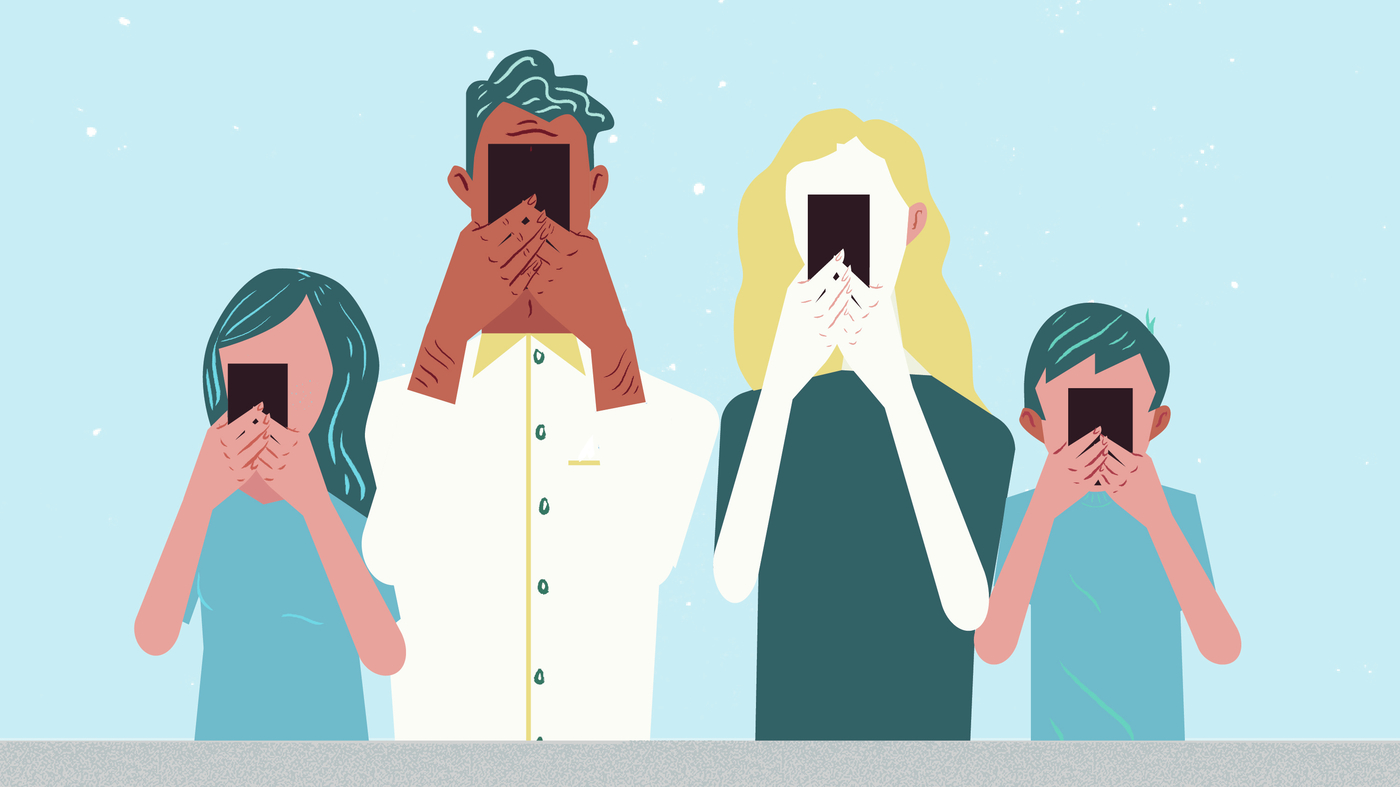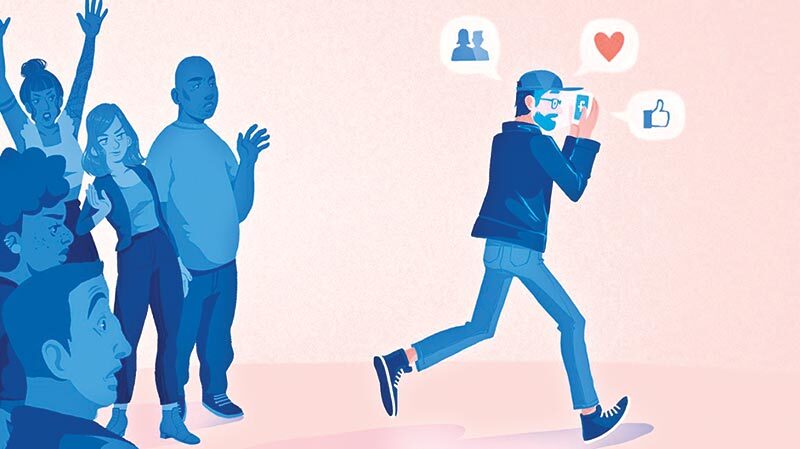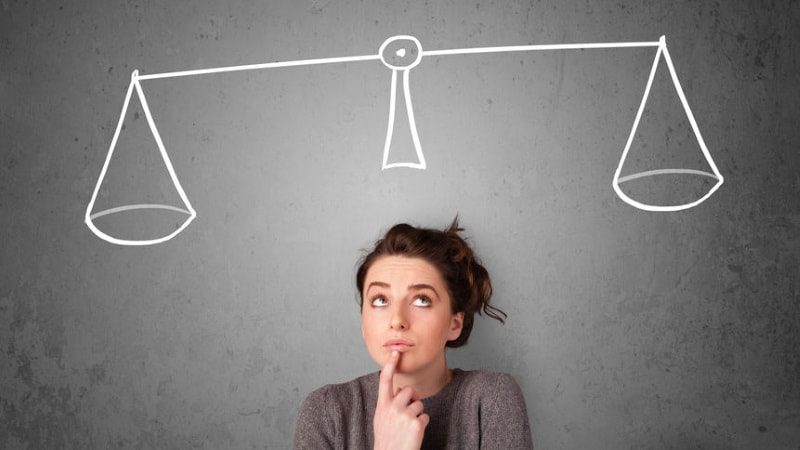Social Media and the Impact it has on our Mental Health

Author: Dr. Julie. Sorenson, DMFT, MA, LPC
How Social Media Plays a Role in our Mental Health
Social media is here to stay it is a large part of our daily lives. It connects us with personnel and professionals to which we have been linked at some point in our life. Social media keeps us current on news, relationships, stories, stories, jokes, and music. There is a limitless picture, videos, quotes, and other content that has been picked just for us. However, research has proven that social media can have an unfavorable effect on our mental health. 
There are positive pieces to social media that need to be recognized. It can bring humans together allowing us to communicate from afar, share ideas, and stay in touch with loved ones. Social media provides opportunities to connect with others that share the same interests, hobbies, sports, careers, sexual orientation, religion, cooking techniques, and recipes. Social media provides remote options for social stimulation helping people feel connected and less lonely.
However, social media can make people feel disconnected or that their life isn't as exciting as someone else's. It can make people feel bad about their bodies, and life experiences or left out when they see others having fun at events to they weren't invited to. Some people may feel overwhelmed by the endless streaming of videos and pictures. While others may become addicted to the curated content that streamers and influencers put out there for our entertainment. There is a possibility that social media can cause anxiety because of a distorted perception of reality, or a fear of missing out. Some people experience cyberbullying which can lead to depression or suicidal idealization. Additionally, some people have difficulty unplugging and joining real-life conversations either in person or over the phone, leading to a greater feeling of loneliness.
Creating a Balance
While social media can provide a positive and negative role  in our lives. It is important to maintain a healthy balance. When social media is used in moderation the effects of feeling socially isolated and alone are less than those who are on social media too much. When the extremes happen people may develop low self-esteem, lower confidence levels, and a struggle with their mental health.
in our lives. It is important to maintain a healthy balance. When social media is used in moderation the effects of feeling socially isolated and alone are less than those who are on social media too much. When the extremes happen people may develop low self-esteem, lower confidence levels, and a struggle with their mental health.
Being aware of the amount of time that one spends on social media is key. Also recognizing the long-term effects that social medial is playing on your or your children’s lives. Many things can affect mental health that we can’t control. However, the effect that social media has on our daily lives is something we have control over, and it is important to take steps to control our overall mood as it relates to social media.
What Social Media is Doing to Us?
The algorithms that control our feed are specific to our likes and interests. They amplify high-octane emotional content regardless of if it is healthy for us. Social media takes away from reflective and critical thinking. It can make us feel resentment and provides us with negative self-talk. Most of the time people portray themselves online as having an exciting life that reflects perfection. No one’s life is perfect, and it is not helpful for those struggling mentally to believe that other people live in this perfect world. People may begin to feel inferior because their life isn’t as happy as they perceive others to be.

Tips for Parents to Assist Their Children in Healthy Social Media Behaviors
Parents can play a huge role in the amount of time and content their children are watching. However, it is just as important to model healthy social media habits. Knowing how much social media can impact mental health is important. Practicing healthy digital awareness is an important step in taking control of your mental health when it relates to social media. Here are some tips to help you, help your child on social media:
- Model healthy social media habits.
- Be familiar with the apps (and the underground apps within the apps) For more information go to Protect Young Eyes.
- Know about various parental controls. Your phone company may have details on parental
controls. - Have open communication with your child about their social media use.
- Know who your child is talking to. Unfortunately, human trafficking can occur through social media.
- Teach your child about digital safety
- Know the latest’s social media platforms as they are forever changing.
- Ask open-ended questions about the content your child is consuming
- Allow your child privacy but it is okay to do phone checks
- Have your child plug their phone in for the night in common areas of the house so that
sleep is not affected by constant communication. - Contact a therapist if your child is struggling with problematic social media behaviors.
References
Boser, U, 2021 Social Media Can Damage Mental Health
Here’s how we can change that. Psychology Today
Turner, E, 2023, Is Social Media Use Really Problematic for Teens?
Evidence-supported tips from a psychologist to minimize risks. Psychology Today
Whitney, R, 2021 What Is the Link Between Social Media Use and Youth Mental
Health? Psychology Today
